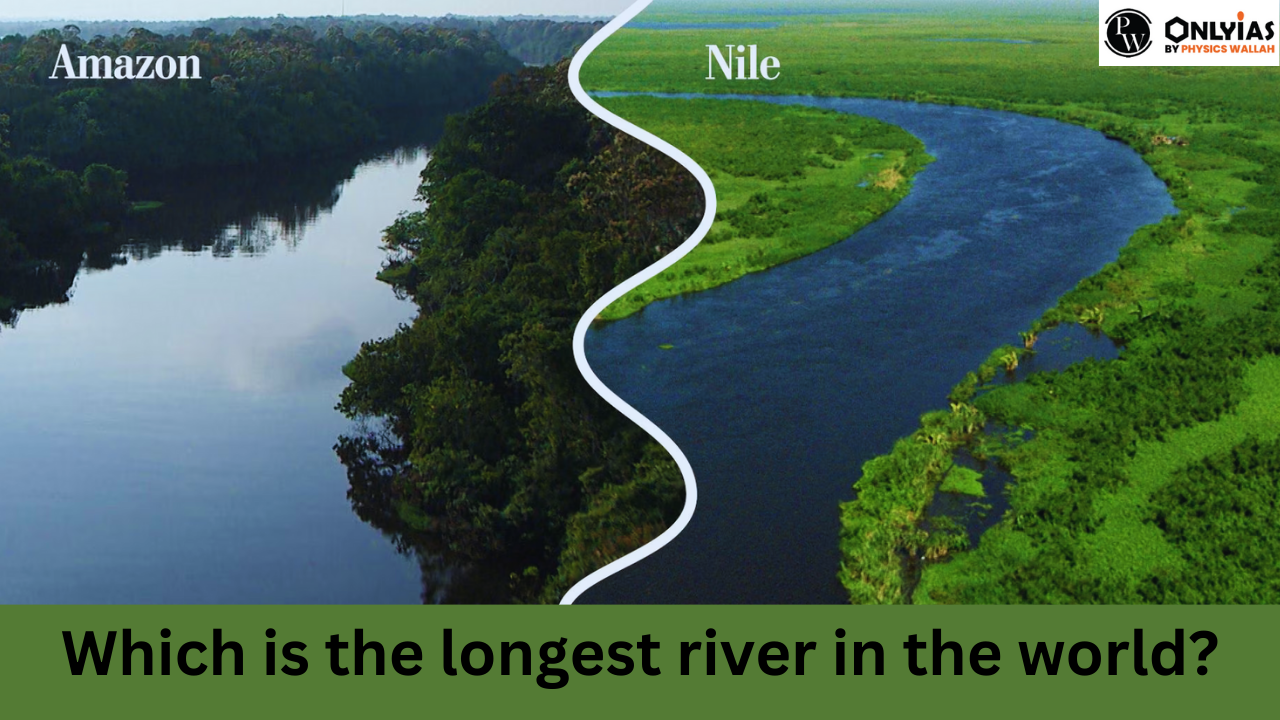Have you ever stopped to think about the truly enormous words in the English language? It's a bit of a curious thought, isn't it? We often use short, simple words to get our messages across, yet there are these linguistic giants lurking in dictionaries and scientific texts. The sheer size of some of them, well, it can just take your breath away, almost.
Consider, for a moment, the act of speaking one of these colossal terms. It's not just about knowing what the word means or how it's spelled. It's about the physical effort, the time it takes to utter each syllable, and the sheer vocal endurance needed to get through it. This, in a way, is what we might call the "longest ft call" – the extended verbal effort required for these linguistic marathons.
This article will take a look at some of these remarkable words, exploring what makes them so long and, importantly, how much of a vocal feat it truly is to say them. We'll also touch on why these word giants exist and why they capture our imagination so completely. You might find it quite interesting, too.
Table of Contents
- The Quest for the Longest Word
- Pneumonoultramicroscopicsilicovolcanoconiosis: A Dictionary Champion
- Titin: The Ultimate Verbal Marathon
- The Three-Hour Ft Call: What It Means
- Why Do We Have Such Long Words?
- Tackling the Giants: Tips for Long Word Pronunciation
- Frequently Asked Questions About Long Words
- Final Thoughts on the Longest Ft Call
The Quest for the Longest Word
People have always been fascinated by extremes, and words are no different. The search for the longest word in English is a bit like a linguistic treasure hunt, with different answers depending on where you look. Is it the longest word in a standard dictionary, or perhaps the longest word ever created, even if it's a technical term? This really does shape what we consider to be the true "longest ft call."
Our language, you see, has a way of growing and changing, with new words appearing and some older ones fading. Some of these long words are part of everyday talk, while others are very specific to certain fields, like science or medicine. It's quite something to think about, how varied our vocabulary can be.
As a matter of fact, the very idea of a "longest word" sparks a lot of discussion. Some folks look to official dictionaries, while others point to scientific names that are incredibly complex. Both types of words, however, offer a unique challenge when it comes to saying them out loud, making them prime examples of a significant "ft call."
Pneumonoultramicroscopicsilicovolcanoconiosis: A Dictionary Champion
When most people think about the longest word in a standard English dictionary, one particular word often comes to mind: pneumonoultramicroscopicsilicovolcanoconiosis. This word, with its impressive 45 letters, holds a special place in the hearts of word enthusiasts. It's a rather well-known example of a truly long word, and it’s actually quite a mouthful to say.
According to information from "My text," this lengthy term refers to a specific lung disease. It's a condition caused by inhaling very fine silica or quartz dust, often found near volcanoes. So, while the word itself is long, its meaning is very precise, too. Learning to pronounce it is, you know, a bit of an exercise in itself.
This word is often highlighted in lists of the longest words in English, and it’s easy to see why. Its sheer length makes it stand out, and the fact that it's in major dictionaries gives it a certain official status. It's definitely a word that requires a deliberate "ft call" to get through all its syllables.
Titin: The Ultimate Verbal Marathon
While pneumonoultramicroscopicsilicovolcanoconiosis is famous for its dictionary presence, there's another word that truly dwarfs it in length: the chemical name of the protein titin. "My text" points out that this word is often considered, technically, the longest English word, stretching to over 180,000 letters long. Just try to imagine that for a second.
This isn't a word you'd find in your everyday dictionary, of course. It's a systematic name, created by combining the names of all the amino acids that make up the protein. Each part of the name represents a specific chemical component, making the word incredibly descriptive in a scientific sense. It's a prime example of how scientific nomenclature can lead to truly epic words.
The existence of such a word really changes our perception of what a "word" can be. It's not just a collection of letters for common communication; it's a detailed chemical formula expressed in linguistic form. This kind of word, quite frankly, pushes the boundaries of what we usually think of as a single unit of language.
The Three-Hour Ft Call: What It Means
Now, let's get to the heart of the "longest ft call" concept. "My text" mentions something truly astonishing about the chemical name of titin: "If spoken out loud, this word takes over three hours to say!" Think about that for a moment. Three hours. That's longer than most movies, longer than many work meetings, and certainly longer than any typical conversation.
This isn't just a long word; it's a marathon of vocalization. To "call out" this word would require incredible stamina and focus. It means articulating tens of thousands of syllables, one after another, without a break. It's a linguistic feat that very few people, if any, have probably attempted in full. This really highlights the extreme nature of such a "ft call."
The idea of a three-hour "ft call" for a single word makes us think about the limits of human speech. It's a reminder that language, in its most extreme forms, can push beyond our everyday experiences. It's a fun thought experiment, too, to consider what it would feel like to try and say something so utterly vast.
Why Do We Have Such Long Words?
So, why do these incredibly long words exist in the first place? It's a fair question, as they don't seem to fit into our usual way of talking. One reason, particularly for scientific terms like titin's chemical name, is the need for extreme precision. These words act like highly detailed labels, ensuring there's no confusion about what's being discussed. Each part of the word adds a piece of information, creating a complete picture.
For words found in dictionaries, like pneumonoultramicroscopicsilicovolcanoconiosis, the story can be a bit different. Sometimes, they are coined to describe something very specific, or they might be a combination of several Greek or Latin roots. They can also, quite simply, be a bit of a linguistic novelty, a word created to be long and impressive. It's a bit of a show, sometimes.
The human desire to categorize and define everything also plays a part. As our understanding of the world grows, especially in science and medicine, the need for precise terms grows with it. This leads to the creation of words that are as complex as the concepts they describe, making for some truly remarkable "ft calls" when spoken.
Tackling the Giants: Tips for Long Word Pronunciation
While you might not be attempting the three-hour "ft call" of titin's chemical name anytime soon, knowing how to approach other long words can be useful. The key, often, is to break the word down into smaller, manageable parts. Most long words are made up of prefixes, root words, and suffixes, which are like building blocks.
Take pneumonoultramicroscopicsilicovolcanoconiosis, for example. You can separate it into "pneumono-" (lung), "ultra-" (beyond), "microscopic" (tiny), "silico-" (silica), "volcano-" (volcano), and "coniosis" (dust disease). Practicing each segment helps you put the whole word together more easily. It's like learning to walk before you run, you know.
Another helpful tip is to listen to how others pronounce these words, if possible. Many online dictionaries offer audio pronunciations. And, honestly, don't be afraid to try saying them out loud, even if you stumble a bit at first. Practice makes it easier, and it's a good way to improve your overall verbal skills. Learn more about language and vocabulary on our site, too.
Frequently Asked Questions About Long Words
What is the longest word in English?
The answer really depends on what kind of word you mean. If you're talking about words found in most standard dictionaries, it's pneumonoultramicroscopicsilicovolcanoconiosis, with 45 letters. However, if you include technical or chemical names, the chemical name for the protein titin is far longer, with over 180,000 letters.
What is the longest word that takes 3 hours to say?
According to "My text," the chemical name of the protein titin is said to take over three hours to pronounce if spoken out loud. This is due to its immense length, which exceeds 180,000 letters. It's a truly remarkable "ft call" in terms of duration.
What is the longest word that is not a chemical name?
Generally, the longest word that appears in major English dictionaries and is not a chemical name is pneumonoultramicroscopicsilicovolcanoconiosis. This 45-letter word describes a lung disease. It's a commonly cited example when discussing the longest non-technical words.
Final Thoughts on the Longest Ft Call
The world of incredibly long words is quite fascinating, isn't it? From the dictionary champion pneumonoultramicroscopicsilicovolcanoconiosis to the truly epic chemical name of titin, these words challenge our ideas about language. They remind us that words can be more than just tools for everyday talk; they can be complex scientific labels or even linguistic curiosities.
The concept of the "longest ft call," especially when we think about a word taking three hours to say, puts into perspective the incredible range of human communication. It shows us the extremes to which language can stretch, literally. These words are, in some respects, a testament to the depth and breadth of the English language.
We hope this look into the longest words has been interesting. Perhaps it will inspire you to explore more of the quirks and wonders of language. You can always discover more linguistic marvels on our site, too. For further exploration of word origins and meanings, you might find a reputable online dictionary helpful, like Merriam-Webster.



